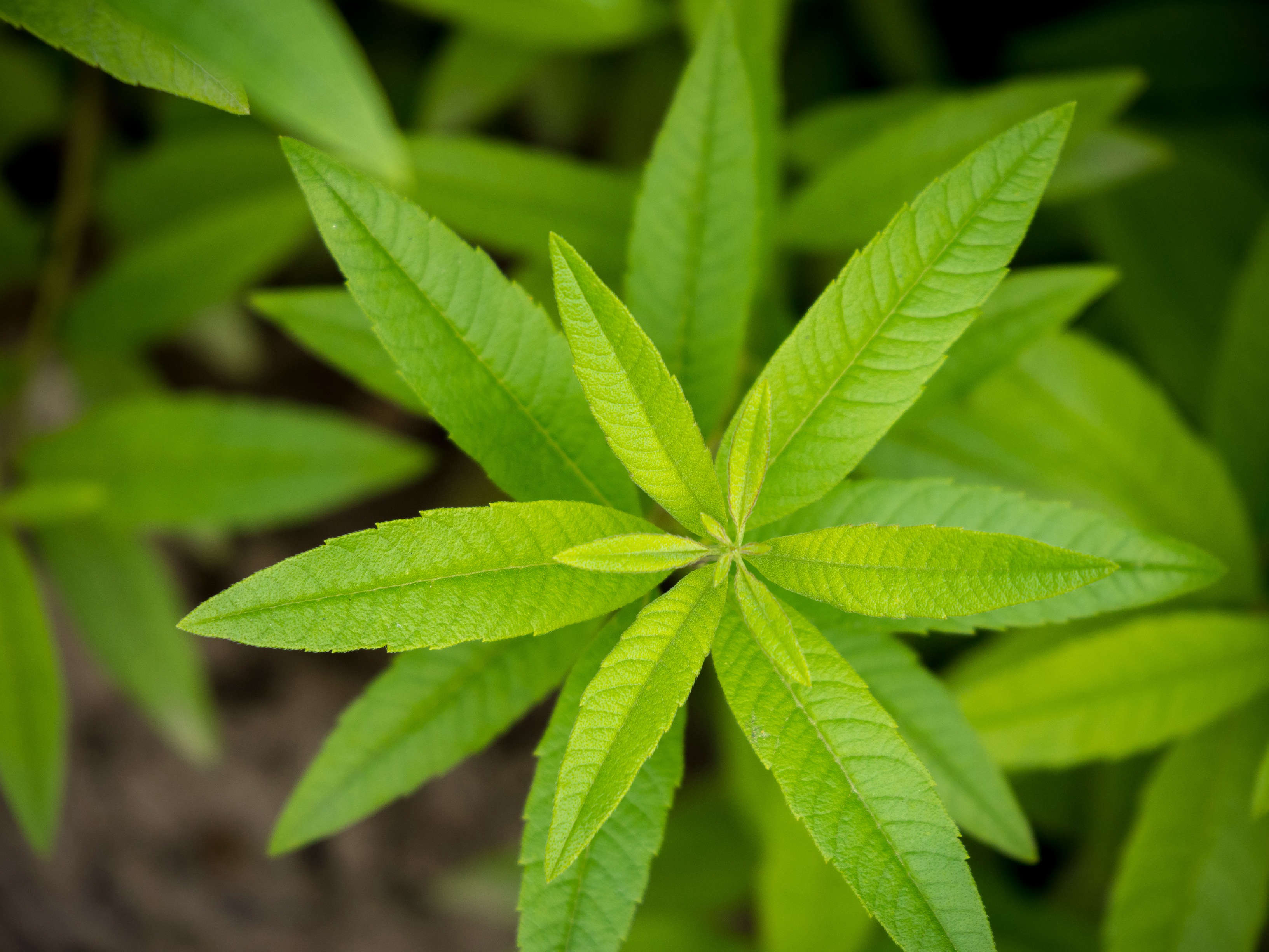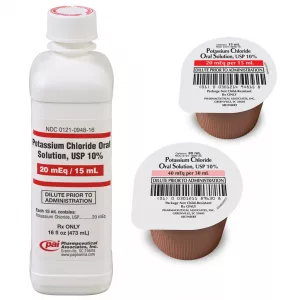Praised for its calming fragrance and lively flavor, lemon verbena is a plant frequently enjoyed as a tea or used as an essential oil.
This herb contains a range of plant-based compounds that offer distinctive health effects. It has a long history in traditional medicine for addressing respiratory ailments, digestive complaints, and other issues.
Below are five possible uses and health benefits of lemon verbena, each supported by scientific studies.

1. Rich source of bioactive compounds
Lemon verbena, referred to in scientific literature as Lippia citriodora, Aloysia citriodora, and Aloysia triphylla, is a medicinal species originating from South America.
Its leaves contain numerous phytochemicals, including terpenoids and phenolic substances, which exhibit antioxidant and anti-inflammatory actions.
For instance, lemon verbena leaf material and extracts are abundant in a polyphenol named verbascoside. Both older and more recent investigations indicate this molecule has notable antioxidant effects.
Animal and in vitro experiments have demonstrated that verbascoside can defend cells from damage and bolster the body’s antioxidant systems.
Beyond verbascoside, lemon verbena carries other antioxidant compounds such as geranial, neral, luteolin, and limonene.
SummaryLemon verbena is packed with phytochemicals, including verbascoside, that may help shield your cells from damage.
2. May lower inflammation and oxidative stress
Due to its abundance of antioxidants and anti-inflammatory constituents, lemon verbena may help decrease inflammation and oxidative stress in the body.
Oxidative stress arises when antioxidant defenses are overwhelmed by harmful free radicals, potentially causing cellular injury and increasing disease risk.
In a 2014 trial, 30 individuals with secondary progressive multiple sclerosis received either a placebo or 600 mg of lemon verbena extract standardized to 10% verbascoside for 28 days. Those taking lemon verbena showed significantly reduced levels of the inflammatory marker C-reactive protein.
Additionally, a recent study of 60 healthy adults found that 400 mg of lemon verbena extract taken for 10 days before and during intense exercise lowered urinary 8-OHdG, a marker of oxidative damage, compared with placebo.
The lemon verbena group also had increased blood activity of the antioxidant enzyme glutathione peroxidase (GPx) and decreased concentrations of the inflammatory cytokine interleukin-6 (IL-6), suggesting that lemon verbena may mitigate oxidative stress and help protect muscle tissue.
An earlier trial likewise reported that lemon verbena supplementation defended cells from oxidative damage and lessened exercise-related muscle harm in healthy men who performed a demanding 90-minute running protocol over 21 days.
Although these outcomes are encouraging, further research is necessary to clarify how lemon verbena reduces inflammation and guards against oxidative stress.
SummaryWhile limited, human trials indicate lemon verbena supplements could reduce oxidative stress and inflammatory markers for some people.
3. May support athletic performance and recovery
Lemon verbena is loaded with compounds that protect cells from damage, a feature that may particularly benefit athletes since exercise induces stress and muscle injury.
In a study of 44 athletes, consuming 400 mg of lemon verbena extract before, during, and after an exhaustive exercise test for 15 days led to less muscle damage, faster recovery, reduced pain, and elevated GPx levels compared with a placebo.
It’s worth noting that this trial was financed by the manufacturer of the lemon verbena supplement, which could introduce bias.
Another study found that athletes who took 400 mg of lemon verbena extract for 10 days before and during exhaustive exercise experienced less muscle soreness and lower levels of creatinine kinase (CK), a marker of muscle damage, than those given a placebo.
Taken together, these studies imply lemon verbena supplements might enhance recovery and protect against exercise-induced muscle harm in athletes. Still, more independent research is required before recommending lemon verbena for athletic support.
SummaryResearch in athletes suggests lemon verbena supplements may reduce muscle damage and pain from exercise while aiding recovery.
4. May enhance sleep quality
Some limited evidence indicates lemon verbena could help people with sleep problems such as insomnia. Historically, the herb has been used to promote sleepfulness and mild sedation.
In one trial involving 100 individuals with insomnia, taking 10 mL of a lemon verbena syrup before bed significantly improved sleep onset, total sleep duration, sleep quality, and daytime sleepiness compared with placebo.
Animal research also points to potential anxiolytic and calming effects of lemon verbena, which might contribute to improved sleep.
Despite these promising findings, additional human studies are needed to determine whether lemon verbena is an effective sleep aid for people with insomnia.
SummaryLemon verbena may support better sleep; limited animal data also suggest it could reduce anxiety. However, evidence remains sparse.
5. Might possess anti-obesity effects
Some studies indicate lemon verbena may have anti-obesity properties, although research in this domain is still preliminary.
In a 6-week animal study, mice fed a high-fat diet were either untreated or given lemon verbena extract. The supplemented group had less fat buildup and a more favorable Firmicutes-to-Bacteroidetes ratio in the gut microbiome.
This is notable because some research links higher Firmicutes/Bacteroidetes ratios to obesity in humans and animals.
Moreover, a trial in 54 overweight adults found that a daily supplement containing lemon verbena and hibiscus extracts for 8 weeks decreased the hunger-promoting hormone ghrelin and increased the satiety hormone glucagon-like peptide-1.
Participants taking the supplement also experienced a greater reduction in body fat compared with the placebo group.
However, since the supplement contained both hibiscus and lemon verbena, the effects cannot be ascribed solely to lemon verbena. The study was also funded by the supplement’s manufacturer, which may affect the findings.
Overall, there isn’t sufficient evidence to claim any lemon verbena product reliably promotes weight loss. Therefore, you should not rely on lemon verbena supplements for this purpose.
SummaryAnimal and limited human studies hint that lemon verbena could have anti-obesity effects, but human evidence is scarce and more research is needed.
How to use lemon verbena
There are multiple ways to incorporate lemon verbena into your diet or wellness routine.

With its bright, refreshing, and soothing aroma, lemon verbena makes a pleasant natural air freshener.
You can diffuse lemon verbena essential oil in an aromatherapy diffuser or apply it topically when diluted in a carrier oil — but always perform a patch test first. Remember that essential oils should not be swallowed.
You can also brew tea from loose lemon verbena leaves or prepackaged tea bags available online.
Fresh or dried lemon verbena works well in culinary uses such as desserts, soups, jams, and craft cocktails.
Concentrated products like tinctures and extracts are also sold online, but dosing and safety are not well established.
For instance, certain research suggests lemon verbena essential oils could raise the risk of birth defects, so pregnant people should avoid inhaling verbena aromatherapy (22).
Health authorities also recommend that pregnant and breastfeeding individuals steer clear of lemon verbena extracts, tinctures, syrups, and teas (23).
If you’re considering lemon verbena supplements, consult your healthcare professional first. They can advise whether such a product is appropriate and outline potential safety concerns.
This is especially important if you take prescription medications, other herbal products, or have underlying health conditions.
SummaryLemon verbena can be used as an essential oil, brewed as tea, or added to foods. Talk with your healthcare provider before using concentrated lemon verbena products like tinctures or extracts.
The bottom line
Lemon verbena is a plant with a range of promising potential health effects.
Some evidence suggests it may lower oxidative stress, guard against muscle damage, improve sleep, and exert anti-obesity actions.
However, human research is still limited. More well-designed studies are necessary to confirm whether lemon verbena truly benefits human health.
If you plan to use lemon verbena, particularly in concentrated forms, consult your healthcare provider first, and avoid using verbena if you are pregnant or breastfeeding.

























Leave a Reply
You must be logged in to post a comment.